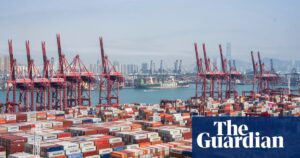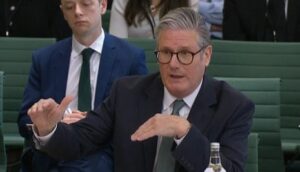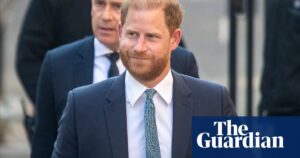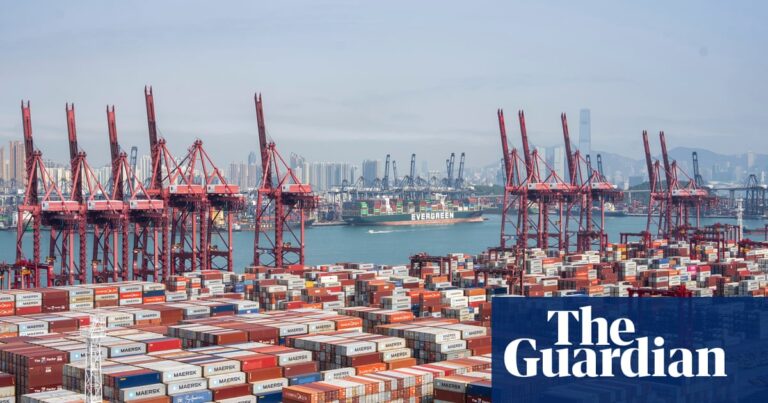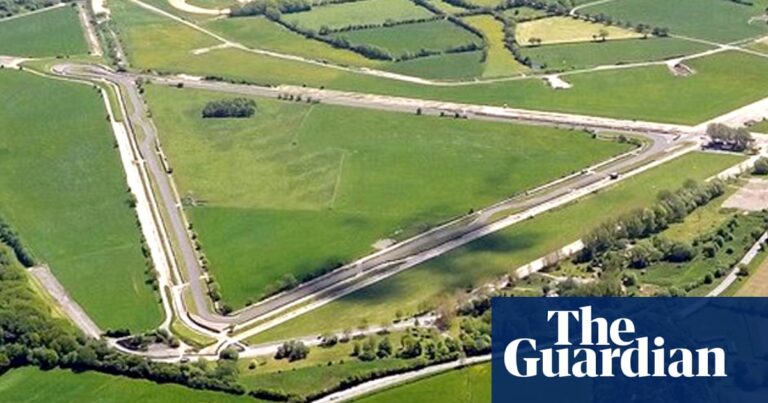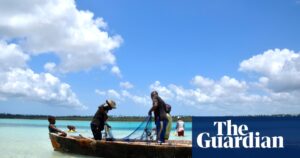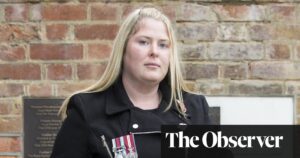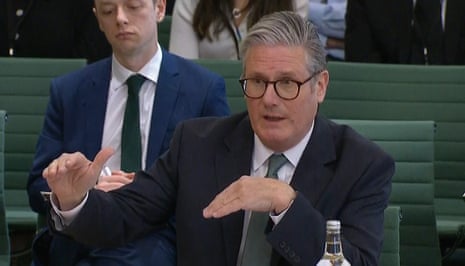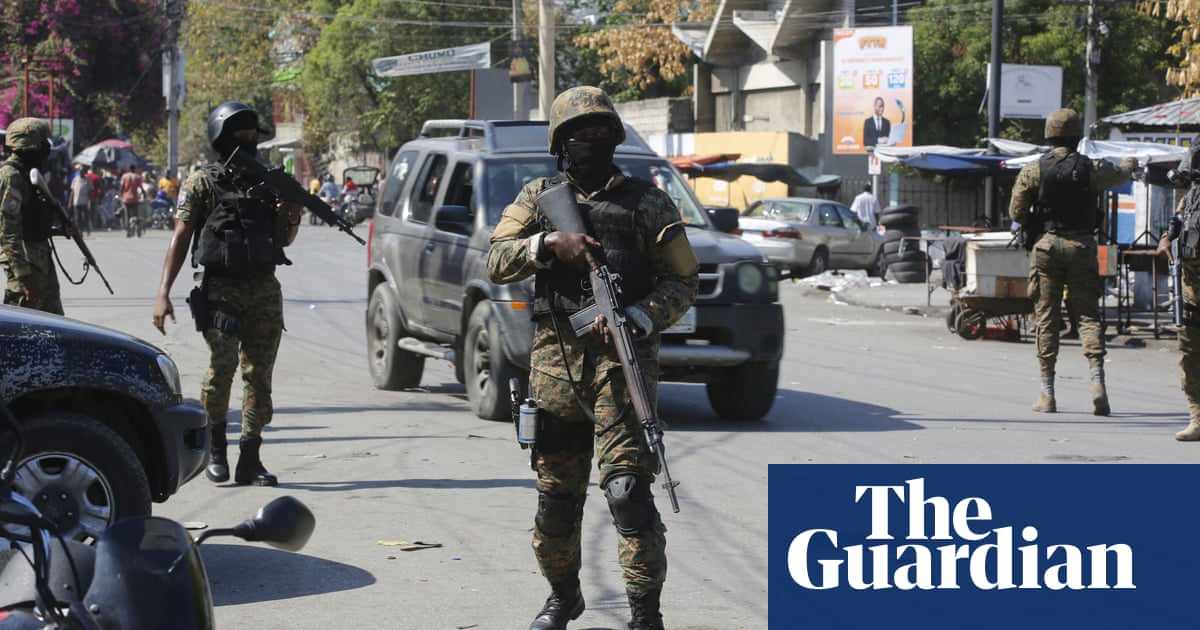
Over the weekend, authorities in Haiti’s capital collaborated to regain control of various streets that were targeted by gangs who launched large-scale assaults on multiple police stations.
On Friday night, gang members attacked one of the three stations in downtown, prompting National Palace guards to attempt to establish a security perimeter using an armored truck. Police successfully defended against the attack.
Intermittent shots were still heard on Saturday. The constant assaults from gangs have caused the country to come to a standstill for over a week, resulting in a shortage of essential goods. In response, Haitian authorities have prolonged the state of emergency and imposed a nightly curfew on Thursday due to ongoing attacks on crucial government facilities.
The current acting president and prime minister of Haiti, Ariel Henry, was present in Kenya when a series of violent conflicts between rival gangs erupted on February 29. Additionally, he has not been able to travel back to the country’s capital, Port-au-Prince. In the past week, the United States has urged him to speed up the government’s transition to power due to armed gangs attempting to remove him from office.
Leaders from Caribbean countries have requested an urgent meeting to discuss the dire situation in Haiti. The meeting will take place on Monday in Jamaica and attendees will include the United States, France, Canada, the UN, and Brazil.
The Caribbean Community (Caricom) regional trade bloc members have been making efforts for months to convince political figures in Haiti to establish a cohesive interim government under one umbrella.
Due to violent conflicts on the streets, numerous Haitians have been displaced from their residences and are currently seeking shelter in government-owned structures.
Efforts to facilitate a resolution have been unsuccessful thus far. The Caribbean Community (Caricom), consisting of 15 countries in the Caribbean region, released a statement on Friday evening stating that the current circumstances remain concerning.
The Caricom statement stated that despite continued efforts by regional leaders, opposition parties and civil society groups have not reached the necessary level of unity to form a government.
According to the statement, we are highly aware of the pressing requirement for the parties to come to an agreement. We have emphasized to them that time is not in their favor when it comes to finding a path forward.
In February, Henry made a commitment to hold national elections before mid-2025. The global community has been attempting to secure assistance from a foreign military group willing to combat gang-related violence in the area.
Caricom has pressured Henry to announce a unity government as a temporary solution, but despite calls from opposition parties and civil society, the prime minister has not taken action and remains in office.
On Saturday, the state department reported that Antony Blinken, the US secretary of state, had a conversation with Kenyan president William Ruto regarding the Haiti situation. The two men emphasized their dedication to a joint security mission in order to bring stability to the country. Although Kenya had previously expressed their intention to lead the mission, delays caused by legal obstacles within the country have put the operation on pause.
In January, a Kenyan court declared it unconstitutional for a police force from East Africa to be sent to Haiti to combat gangs, despite Henry’s efforts to push for a UN-backed deployment.
Henry is still unable to go back to his home. He arrived in Puerto Rico on Tuesday after being unable to reach the Dominican Republic, which shares a border with Haiti.
The office of Dominican president Luis Abinader released a statement on Saturday stating that for safety concerns, Henry is not allowed in the Dominican Republic. Due to this, the country has shut down its land border with Haiti, as both nations share the island of Hispaniola.
The report characterized the security conditions in Haiti as completely unmanageable and indicated that it poses an immediate danger to the well-being and peace of the Dominican Republic.
It was forecasted that without the prompt implementation of a peacekeeping force to restore order, the situation could worsen significantly.
.
This report includes contributions from the Associated Press and Reuters.
Source: theguardian.com



